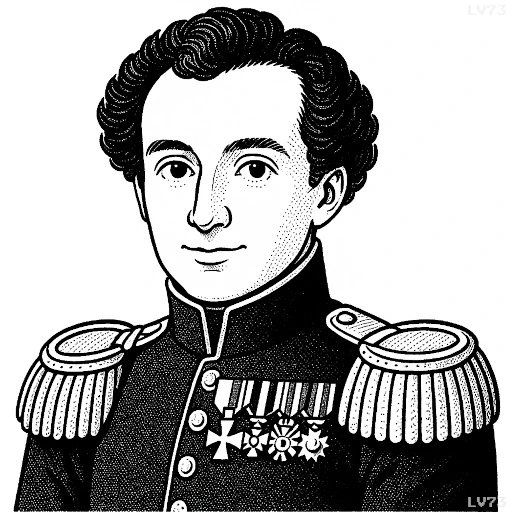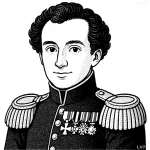“It is even better to act quickly and err than to hesitate until the time of action is past.”

- July 1, 1780 – November 16, 1831
- Born in the Kingdom of Prussia (now Germany)
- Military officer and military theorist
table of contents
Quote
“It is even better to act quickly and err than to hesitate until the time of action is past.”
Explanation
Clausewitz’s statement reflects the importance of decisiveness in both warfare and leadership. In moments of crisis or uncertainty, the worst course of action is often inaction. The failure to make a timely decision can result in lost opportunities or allow the situation to deteriorate beyond repair. While acting hastily may lead to mistakes, Clausewitz argues that swift action is preferable to paralysis by analysis. In war, where the stakes are high and time is often limited, hesitation can allow the enemy to gain the initiative, which can be difficult to recover from.
This principle is illustrated in the history of warfare by moments where decisive, if imperfect, action turned the tide of battle. A notable example is General Dwight D. Eisenhower’s decision to proceed with the D-Day invasion in 1944, despite the uncertainty of weather and intelligence reports. While there were risks and many unknowns, Eisenhower chose to act swiftly, knowing that waiting for the “perfect” moment could mean missing the opportunity altogether. Similarly, in modern contexts, commanders on the battlefield often must make split-second decisions based on incomplete information, where even a small delay could result in disastrous consequences.
In non-military fields, Clausewitz’s idea also applies to leadership and decision-making in business, politics, and personal life. Leaders who are slow to act may find themselves overtaken by events or unable to adapt to changing circumstances. While there is always a balance to be struck between thoughtful deliberation and action, this quote encourages a mindset that values proactive engagement over waiting for perfect conditions. It emphasizes the necessity of taking risks and learning from failure rather than being immobilized by fear of making mistakes or missing the ideal moment. In the end, it is the ability to move forward with resolve—however imperfectly—that often leads to success.
Would you like to share your impressions or related stories about this quote in the comments section?

